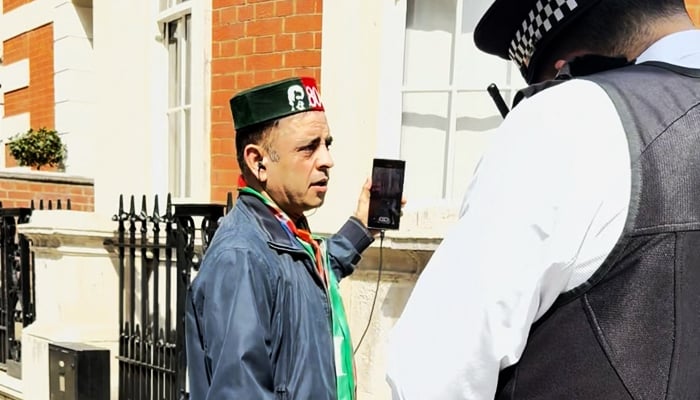wasiqjaved
Chief Minister (5k+ posts)
Did the League of Nations Mandate Actually Justify the Creation of Israel?
No — It Was Meant to Prepare Palestine for Independence, Not Ethno-Nationalism.
Guest : International lawyer Ralph Wilde
Guest : International lawyer Ralph Wilde
The League of Nations Mandate for Palestine (1922) — often cited to justify the creation of Israel — was never intended to create a racially or religiously exclusive state. It was part of a larger colonial framework that promised independence to colonized peoples under the guise of "civilized trusteeship." The Zionist movement co-opted this legal instrument and twisted its vague language to serve a settler-colonial project.
 1. Article 22 – The Real Intent
1. Article 22 – The Real Intent
This is from Article 22 of the League of Nations Covenant, which guided the Mandate system."The well-being and development of such peoples form a sacred trust of civilization..."
"... their existence as independent nations can be provisionally recognized..."
 2. The British Mandate for Palestine Was Clear (But Vague Enough to Exploit)
2. The British Mandate for Palestine Was Clear (But Vague Enough to Exploit)
Yes, it incorporated the Balfour Declaration — promising a “national home for the Jewish people.”
BUT it also said:
“Nothing shall be done which may prejudice the civil and religious rights of existing non-Jewish communities in Palestine...”
Yet, the Mandate gave disproportionate preference to Zionist institutions, ignored Arab demands for representation, and enabled mass Jewish immigration without consent of the natives.
 3. It Did
3. It Did
- “National Home” ≠ Sovereign Jewish State
- The Mandate never granted Jews exclusive political rights, nor did it nullify the rights of Palestinian Arabs.
 4. The Myth of Legal Justification
4. The Myth of Legal Justification
Zionists often argue: “The Mandate gave us the land legally.”- The Mandate was a colonial document, authored without local consent.
- Its main goal (per Article 22) was to prepare all peoples of former Ottoman lands (like in Iraq, Syria, Lebanon, etc.) for independence.
- It was never meant to establish an apartheid-style state favoring one ethnicity or religion.
 5. The UN Partition Plan (1947) Was Not a Continuation — It Was a Contradiction
5. The UN Partition Plan (1947) Was Not a Continuation — It Was a Contradiction
- The UN partitioned Palestine giving 55%+ land to Jews, even though they were 33% of the population and owned ~7% of the land.
- Palestinians rejected the plan (as would any indigenous people seeing their land handed over).
- Israel was declared unilaterally in 1948, followed by the Nakba — 700,000+ Palestinians ethnically cleansed.
 6. International Law Today Undermines, Not Strengthens, Israel’s Claim
6. International Law Today Undermines, Not Strengthens, Israel’s Claim
After the UN replaced the League of Nations:- The UN Charter emphasizes self-determination.
- Colonial-era documents like the Mandate lost their validity.
- Under modern international law, the rights of the indigenous people (Palestinians) hold greater weight than vague colonial promises made in their absence.
 7. Final Thought
7. Final Thought
The Mandate for Palestine was:- A colonial tool, not a liberation charter.
- Supposed to help Palestinians reach independence — not displace them in favor of European settlers.
- Weaponized by Zionist leadership to carry out demographic and territorial control.
Sources:
- League of Nations Covenant (Article 22)
- Mandate for Palestine Text (1922)
- UN General Assembly Resolution 181
- Scholarly works by Rashid Khalidi, Avi Shlaim, Ilan Pappé, and Walid Khalidi
- Featured Thumbs
- https://img.youtube.com/vi/WgNM0us6EsY/maxresdefault.jpg

































